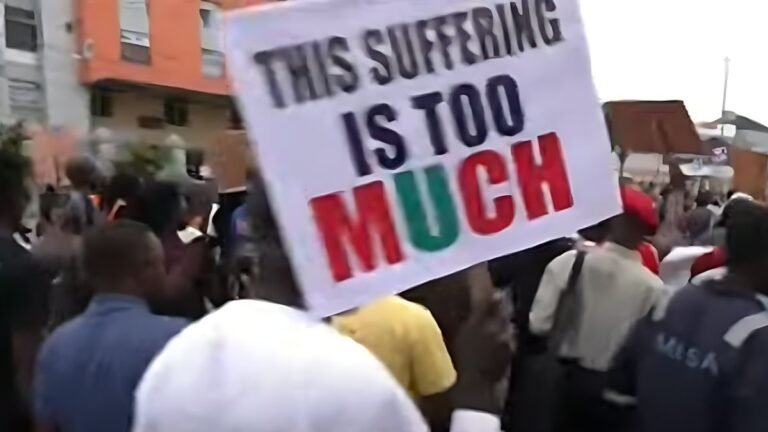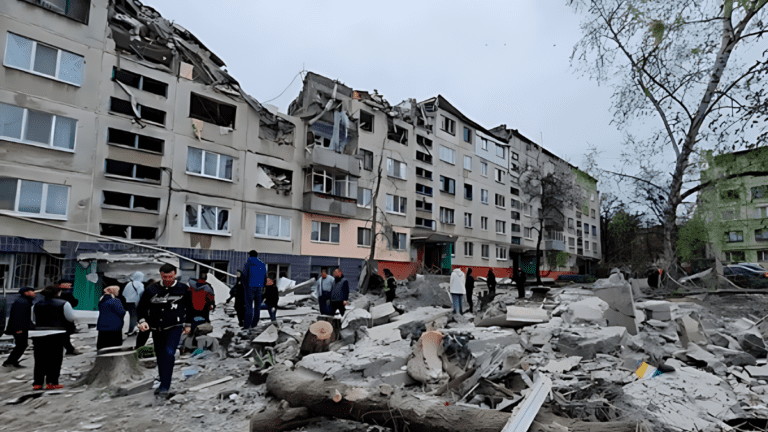Assassination Attempt on Haiti’s Prime Minister Amidst Escalating Violence

Haiti, a nation long beset by political turmoil and gang dominance, now faces heightened instability after an Assassination Attempt on Haiti’s Prime Minister, Gary Canel. The incident occurred in Port-au-Prince, the capital, highlighting the fragile grip on stability within the country.
The Incident
Prime Minister Gary Canel narrowly escaped an assassination attempt while visiting a hospital in Port-au-Prince. The hospital, once a major public health institution, had been under gang control until a police offensive reclaimed it in early July. Canel’s visit was intended to inspect the hospital’s operating conditions but ended in a hail of gunfire. Escorted by the UN-backed Kenyan security force and Haitian police, Canel managed to escape unharmed.
Security and Chaos
The security forces protecting Canel provided covering fire as he departed, with the sounds of automatic weapons filling the air—a stark reminder of the violence plaguing Port-au-Prince. Despite the chaos, Canel continued with his interview with CNN, showcasing the resilience and determination of Haiti’s leadership amidst the turmoil.
Context of Violence
This attack occurred near the General Hospital, recently reclaimed from gang control, symbolizing the fragile progress in reestablishing state authority in gang-dominated areas. The hospital attack is part of a broader pattern of escalating violence in Haiti. The crisis has been exacerbated by the assassination of former President Jovenel Moïse in July 2021. Moïse’s murder, executed by mercenaries primarily from Colombia, plunged the nation deeper into chaos.
Political Instability
The resignation of former Prime Minister Ariel Henry in March 2024 led to weeks of political negotiations and the eventual appointment of Gary Canel in June 2024. Canel’s mission is to lead Haiti towards new elections and restore state authority in a country where nearly 5 million people suffer from acute food insecurity.
International Involvement
The involvement of international forces, particularly the UN-backed Kenyan Security Forces, signifies a global acknowledgment of Haiti’s dire situation. Hundreds of Kenyan police officers have been deployed to bolster local law enforcement in combating the gangs that have overrun the capital. However, the challenge is monumental as these gangs continue to wield significant power, subjecting residents to threats of murder, rape, and kidnapping for ransom.
A Glimmer of Hope
The attack on Prime Minister Canel is a grim reminder of the formidable obstacles facing Haiti. Yet, it also highlights the resilience and determination of its leaders and the international community’s support in the face of adversity. The hospital visit, despite ending in violence, symbolizes a small but significant step towards reclaiming state control and restoring hope for the Haitian people.
As Haiti grapples with its tumultuous present, the question remains: Can the combined efforts of its leaders and international allies bring about lasting stability? The path forward is fraught with challenges, but the resolve of Haiti’s leadership and the unwavering support from the international community offer a glimmer of hope in an otherwise bleak landscape. The journey to stability in Haiti is daunting, marked by violence and political upheaval, yet the resilience of its people and the commitment of its leaders to restore order and authority provide a beacon of hope. The assassination attempt on Prime Minister Canel underscores the urgency of the situation but also serves as a rallying cry for continued efforts to bring peace and stability to this beleaguered nation.






